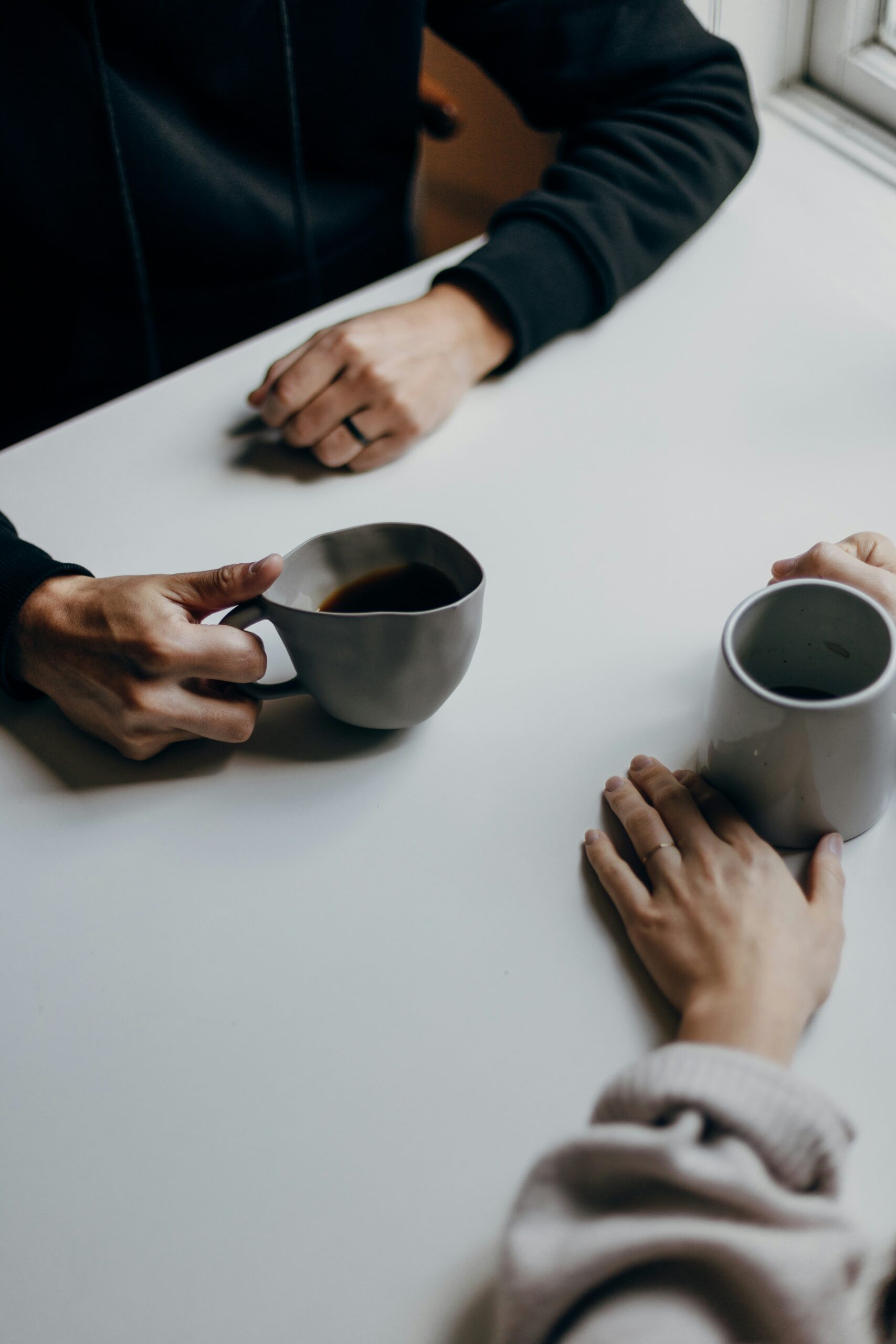By Lily Hirst, Content Team Academic
What is it?
What is anxiety? A question commonly asked by us and others. A feeling that won’t let you rest, log off or shut down. Racing thoughts before you fall asleep. A tight chest, a knot in your stomach. Anxiety is your body’s normal reaction to stress; we might think of it as our body’s internal safety alert. But when suffering, it isn’t as easy to view it as just a reaction. You don’t have to live at the mercy of your anxiety, the good news? It’s treatable.
When focusing on anxiety, the cons outweigh the pros, the cons being persistent worrying and fear, and this often can get in the way of daily life. However, there are some surprising benefits. While anxiety may not seem like a positive emotion, it can motivate you to focus and get ready for any upcoming situations.
What does anxiety look like? Well, anxiety can look quite different in different individuals; it can range from racing thoughts to a sense of dread that lies right in the pit of your stomach, leaving you feeling restless and on edge. Sound familiar? You’re not alone. In the United Kingdom, just over 1 in 10 of us will suffer from an anxiety disorder at some point in our lives. That’s equivalent to over six million sufferers, all with their own unique experiences.
Types of Anxiety
Excessive worrying is the primary symptom of Generalised Anxiety Disorder, the most prevalent of the several types of anxiety disorders. People with this illness struggle daily, making it more difficult for them to focus, work, and travel.
Panic disorder is another kind of anxiety condition. Do you frequently experience panic attacks? Intense fear? When you have panic disorder, you frequently experience panic episodes without there being any specific cause. This can leave you breathless, dizzy, faint and even nauseous; the feeling can also be described as an out-of-body experience as you are left feeling “detached from your body”.
Another form of anxiety is social anxiety, which is also known as a social phobia. Situations where this may occur are when you’re speaking in public, meeting new people, or even eating and drinking in public.
A question globally asked is “how can we manage our anxiety?” and there are multiple proven solutions which can support you. There are things you can do to support yourself. You may also choose to receive support from trusted others. Fortunately, decades of psychological research have revealed several useful anxiety management techniques. Some of these techniques include cognitive behavioural techniques, mindfulness and meditation, physical activity and lifestyle adjustments, breathing and grounding techniques and professional support.
How to manage it
Cognitive Behavioural Techniques are considered the main treatment that works on our thoughts, feelings and different behaviours. Most anxiety sufferers experience feelings of inflated ideas that feed their anxieties. Cognitive Behaviour Therapy techniques include recognising harmful thought patterns and refuting them using reasoning supported by evidence. Over time, this type of cognitive restructuring may significantly reduce anxiety. I like to notice my anxious patterns and refuse defeat; to help myself, I create new routines such as drinking more water, making my bed and leaving myself more time to be more organised. These routines help me create peace and attempt to overcome my anxiety.
The Mindfulness and meditation technique helps individuals attempt to break their cycle of anxious thinking. Frequent meditation can teach the brain to become more conscious of anxious thoughts without becoming overwhelmed by them, even if it is just done for five to ten minutes each day. This technique attempts to provide you with daily self-care, and meditation is medically proven to lower anxiety levels and control emotions.
Physical activities and making lifestyle adjustments are an effective way of controlling anxiety, It is a known fact that exercising releases endorphins, these being naturally produced mood enhancers, while also lowering stress hormones. I found that making lifestyle adjustments helped me through my anxiety journey. I maintained a good lifestyle by having the right amount of sleep at night, eating my 5 a day and embracing my ‘me time’.
When suffering with anxiety, ‘me time’ can be viewed in such a negative light, but I found that in a world where juggling work, relationships, friendships and responsibilities, there is something incredibly powerful about alone time. Alone time often gets overlooked as socialising and work always come first, but ‘me time’ is essential, it is time out of your day where you disconnect from the world and reconnect with yourself, in this time you recharge your brain and build a relationship with yourself. Alone time encourages self-confidence and productivity.
Breathing and grounding techniques are exercises that are performed to distract you from your anxious feelings and bring you back round to the present, Grounding can assist you in removing yourself from unpleasant or difficult feelings, unwelcome memories, and flashbacks. Putting your hands in water, touching objects close to you, taking a quick walk, and carefully inhaling and exhaling are all examples of psychological grounding practices. These techniques are designed to attempt to interrupt your anxious thought patterns and re-engage you with the world and bring you awareness back to the body. Focussing on the outside world, your breath, what you see, hear, touch, or smell, replaces your internal thoughts when you’re grounded. This can lessen the severity of anxious feelings by calming the nervous system.
Professional support is incredibly important, and there for a reason. One adult in eight receives mental health treatment, with 10.4% of people receiving medication. I am also in that 10.4% who are medicated. Taking medication helped me to regulate my mood and my stress response. I didn’t medicate to ‘fix myself’, I leapt to support myself and to try to control my anxiety rather than my anxiety control me. Medication isn’t the only option. It also includes talking therapy, which helps individuals understand their feelings and make them feel valid while their anxiety tries to defeat them.
References:
Mental Health UK (2019). What is anxiety? – Mental Health UK. [online] Mental Health UK. Available at: https://mentalhealth-uk.org/help-and-information/conditions/anxiety-disorders/what-is-anxiety/.
Raypole, C. (2024). 30 grounding techniques to quiet distressing thoughts. [online] Healthline. Available at: https://www.healthline.com/health/grounding-techniques.
Mental Health Foundation (2023). People seeking help for diagnosed mental health problems: statistics. [online] www.mentalhealth.org.uk. Available at: https://www.mentalhealth.org.uk/explore-mental-health/statistics/people-seeking-help-diagnosed-mental-health-problems-statistics.



